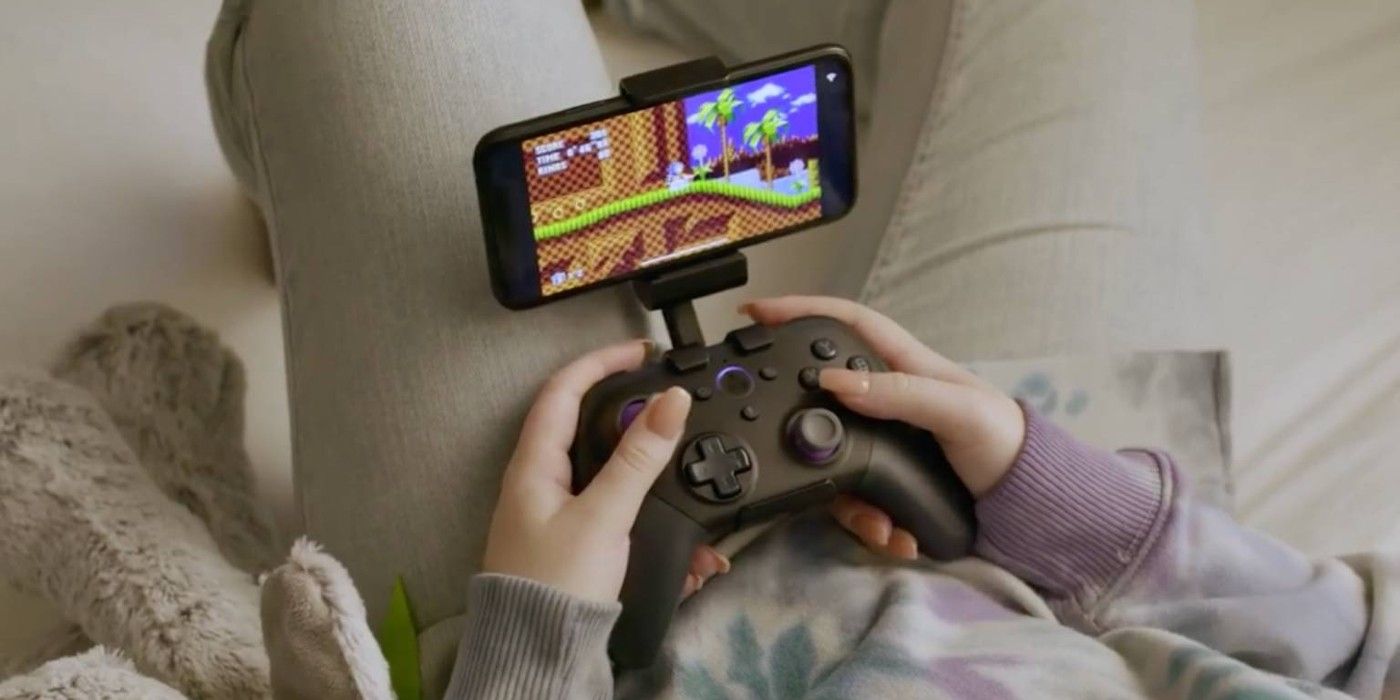Amazon cloud gaming platform Luna takes another step forward today with a launch on several popular brands of Android phones. Luna is currently in a limited beta state, with users signing up for the chance to try out the service. In practice, it works in much the same way as Stadia, Xbox Game Pass‘ cloud streaming, and Nvidia’s GeForce Now. Loading up a game on any of these services pulls up a video stream of the game running on a powerful machine connected over the Internet. Both Luna and Stadia go one step further by offering WiFi-connected controllers that hook directly into the server and avoid the lag inherent in such a connection.
Click the button below to start this article in quick view.
Luna’s current offering is more in line with what many thought Stadia would be, although the game selection is less eye-popping as a result. Customers can pay a monthly fee to subscribe to two “channels” in the closed beta, each with its own collection of playable games. The Luna+ offering features over 70 games that include a few bigger hits (Control, Metro Exodus, Sonic Mania) but mostly fill out the number with indie games released over the last few years. The Ubisoft+ channel (which also recently launched on Stadia) is an extension of Ubisoft’s subscription service, offering players a way to play a subset of the games they’re already subscribed to on cloud services.
Before today, Luna was primarily accessible either by computer or through Fire TV. Now, those with an Android device can log in and play via a Chrome-based web app. As described by Luna product manager Raghu Chiravuri, players can log onto a browser as of now on supported phones, add a shortcut to Luna via the Android UI, and then get to playing whatever games they have access to. The supported models of phones include Pixel, Samsung, and OnePlus devices running Android 9 or higher. Players can use Bluetooth-enabled PS4 or Xbox One controllers if they don’t own a Luna controller, which is sold separately from the subscription.
With Android support, the Luna platform is pretty much ready to compete head to head with what Stadia and GeForce Now currently offers in the cloud arena. All three of these services offer gaming across phones, tablets, and PCs, as well as a TV experience if a player has a piece of specific hardware at their disposal. The Xbox cloud service formally known as xCloud is currently limited just to phones, but a PC and TV option is reportedly on the way for 2021.
Even with support on phones, Luna’s major hurdle right now is the same one that Stadia faces in the long term. Both platforms lack not only a strong lineup of games that players want to get their hands on, but they also lack a pipeline to make those games a reality. Google’s exclusives so far have been less than thrilling smaller experiences, even if more substantial releases are promised for the future. Amazon’s internal game development is a whole other kettle of fish, with the cancellation of two of its three marquee efforts harming confidence in their future output. Luna‘s subscription-first plan has more potential than what Stadia has offered in its first year of operation, but both services have a ways to go before they achieve mainstream success.
Source: Amazon Luna
About The Author
